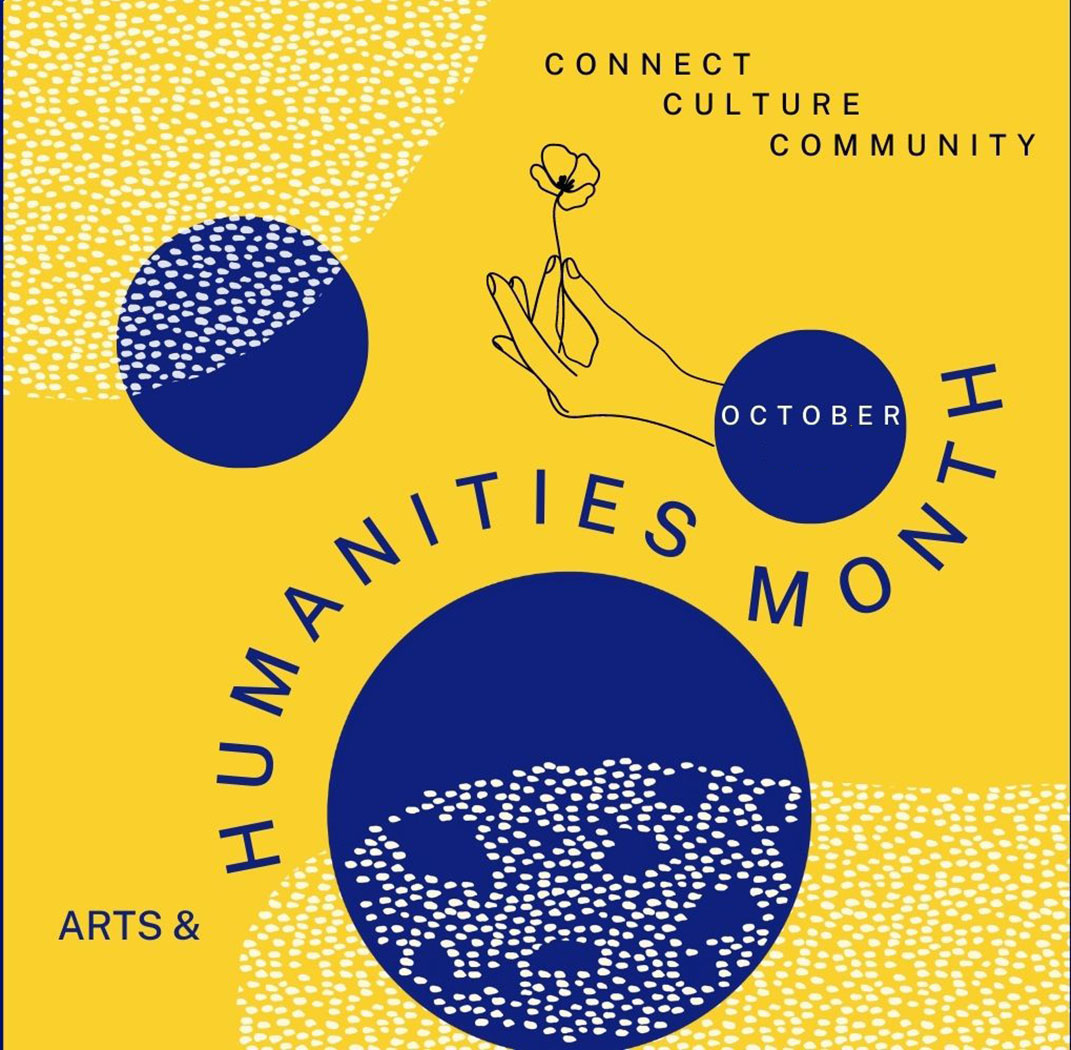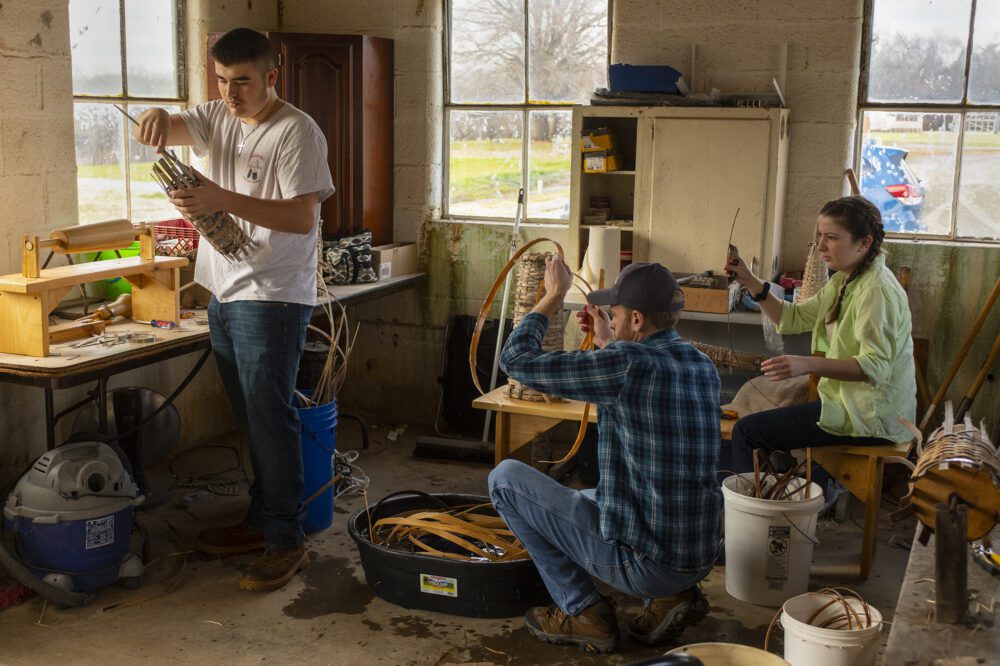By Lynn Pasquerella
The worst global pandemic in more than a century had a profound impact on all aspects of society, including how we connect with each other and our communities. A changing portrait of American values has been shaped by burgeoning polarization and partisanship, alongside a growing mistrust in institutions and each other. Skyrocketing levels of anxiety and depression emerged across all demographics, perhaps reflecting an understanding of the existential reality philosopher Alain de Botton reminds us of in his exquisite essay on Camus’s The Plague, that “when it comes to dying, there is no progress in history, there is no escape from our frailty. Being alive always was and will remain an emergency.”
COVID-19 is emblematic of the wicked problems and grand challenges of the future that inevitably invite grappling with the most fundamental questions of human existence at the core of humanities scholarship and practice. Even so, the humanities continue to be under threat in classrooms and communities, through the cutting of programs, banning of books, and proscriptions against the discussion of certain concepts addressing issues of racial and social justice. In this ostensibly post-truth era, when controlling the narrative often takes precedence over facts, there is a new sense of urgency around redressing the prevailing rhetoric that continues to position the humanities as a mere luxury, or worse, a willful disconnect from the practical matters of everyday life.
Just last month, the National Endowment for the Humanities and the National Humanities Trust hosted the Jefferson Lecture, an extraordinary example of humanities practice, whose award winners offer a translation mechanism through which the relevance of humanistic traditions comes alive. The lecture was given this year by the indomitable and brilliant Dr. Ruth Simmons, who weaves her personal journey and humanities scholarship to powerfully present the possibility and transformation the humanities offer. The National Trust for the Humanities is honored to support the Jefferson Lecture and champion the work of the National Endowment for the Humanities.
Now, more than ever, we need to demonstrate the importance of the humanities. The humanities enable individuals to discern the patterns that dominate their lives, serve as a tool for finding common ground across time and place with others different from themselves, and gain perspectives on life’s enduring questions. But doing so necessitates closing the gap between humanities scholarship and the public through humanities practice.
Lynn Pasquerella was appointed president of the American Association of Colleges and Universities in 2016, after serving as the eighteenth president of Mount Holyoke College. She has held positions as Provost at the University of Hartford and Vice Provost for Academic Affairs and Dean of the Graduate School at the University of Rhode Island, where she taught for more than two decades. A philosopher whose work has combined teaching and scholarship with local and global engagement, Pasquerella has written extensively on medical ethics, metaphysics, public policy, and the philosophy of law. Her most recent book, What We Value: Public Health, Social Justice, and Educating for Democracy, examines the role of higher education in addressing some of the most pressing contemporary issues at the intersection of ethics, law, and public policy.
Pasquerella serves on the board of the National Trust for the Humanities, is immediate past president of the Phi Beta Kappa Society, and the host of Northeast Public Radio’s The Academic Minute.



